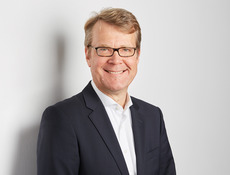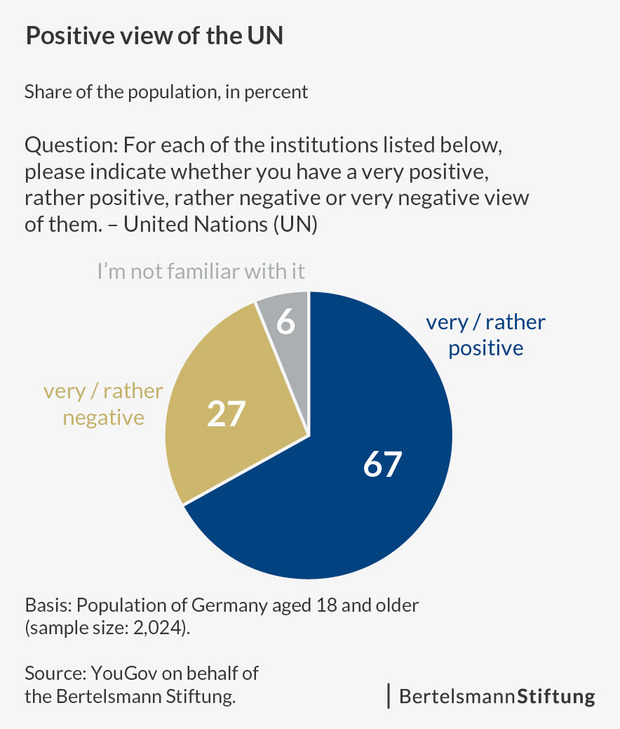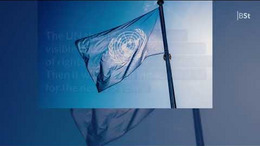Germany is a country of multilateralists. In fact, according to a representative survey conducted by YouGov on our behalf, an overwhelming majority (80 percent) of Germans are calling for international cooperation in solving global problems (view infographic), and roughly two-thirds (65 percent) support this cooperation even if it is sometimes necessary to accept short-term negative consequences. For Germans, international cooperation seems to make sense if it improves living conditions worldwide (48 percent) and if it fosters peaceful coexistence (37 percent). On the other hand, for a large majority of them, it doesn't matter whether Germany benefits from such international cooperation efforts. Only small groups of 8 percent respectively believe that it is important for their home country to enjoy a benefit from cooperating or for Germany to benefit politically or economically from doing so.
This attitude is also reflected in the Germans' view of the United Nations (UN). 75 years after its founding, most Germans have a positive overall opinion of the UN: Almost two-thirds (67 percent) of survey respondents expressed a very or rather positive view of the UN.
![[Translate to English:] United Nations Building and the flags in Geneva Switzerland](/fileadmin/files/_processed_/4/e/csm_619827470shutterstock_1193208634_Premier_ST-ZD_c4b663b8b2.jpg)





